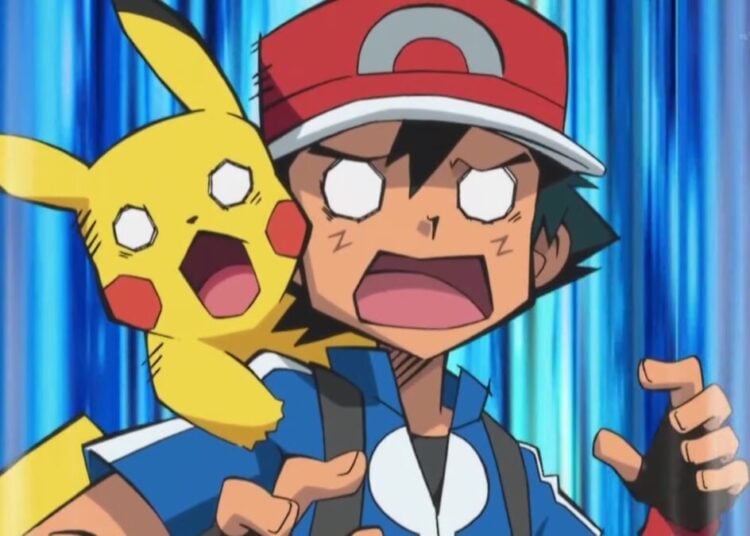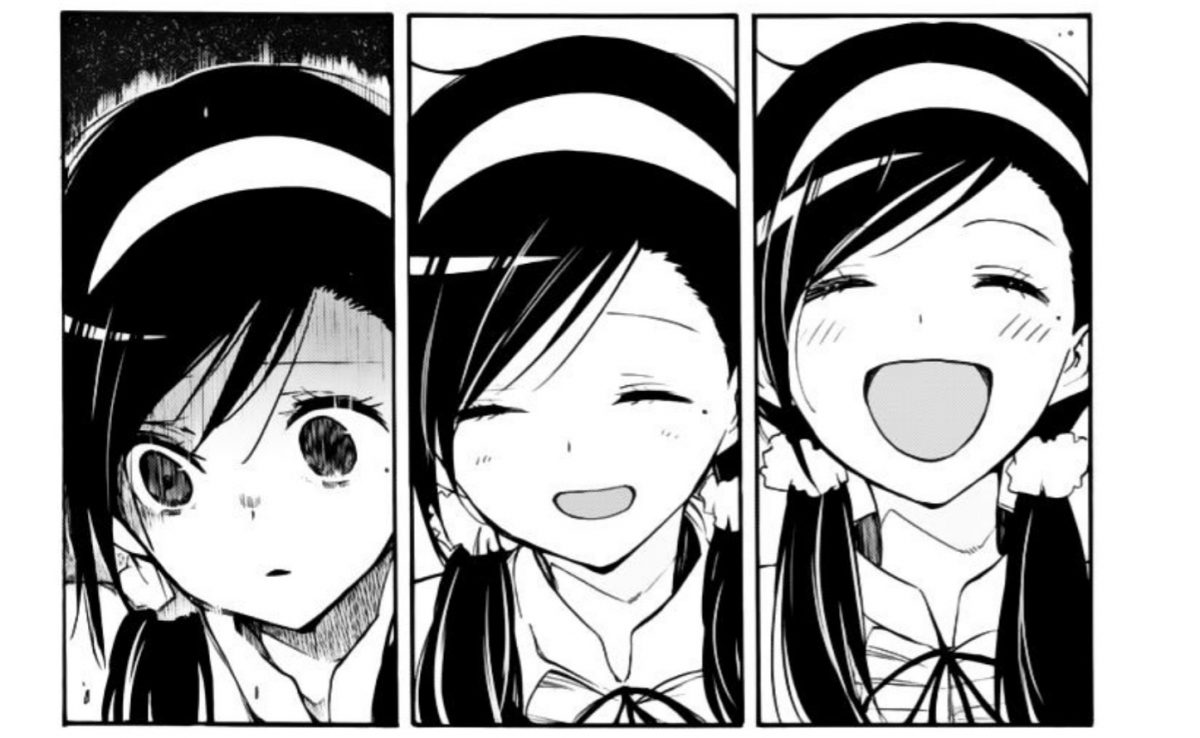Japan can sure be a perplexing place. When you buy a can of beer for 200 yen, it’s a given that the per-unit price for a six pack will be the same 200 yen per can. Japanese go to great lengths to construct freeways so people can get around quickly, then cripple normal roads with needless roadwork, especially when the end of a budget period is near. Bank ATMs are quite different, too. We take 24-hour automated tellers for granted in the U.S., but when I came to Japan, I was surprised to see “cash corners” (as they are called here) close at 7 pm weekdays, earlier on Sunday. The reason? By law, there has to be a bank employee inside all “automated” tellers, so it’s difficult to keep them open at all hours. Once I was trapped in Hokkaido during Golden Week, unable to get money out of my account for several days because the ATMs were closed along with the banks — in contrast, a friend of mine was able to get money out of his account in Sweden while living in India with his normal bank card. Another ATM difference: you can only get a few hundred dollars out at machines in the U.S., but in Japan, it’s possible to withdraw up to $30,000 at a time.
Japan is a very literate country, and there are a whopping 6 billion books and magazines published each year, although a good portion of this number are manga comics. Newspapers are also a popular way to get information, and there are many large papers, such as the Yomiuri Shimbun, the Mainichi (daily) Shimbun, and business-oriented Nihon Keizai Shimbun (which is where the “Nikkei average” gets its name from). Unlike the U.S., where virtually all newspapers are regional, most of Japan’s papers are national, read in all corners of the country. My father-in-law somehow manages to read six different newspapers each day as he waits for customers in our rural liquor ship, although most of them are all-sports papers. As with most countries, newspapers here come stuffed with advertisements, and every once in a while, there are ads for something you’d never see advertised in the States: gravestones and Buddhist altars for your home. Click to check out the most recent sale: http://www.jlist.com/grave_sale
For me, studying Japanese has always been great fun, although there were rough patches, of course. One area that proved challenging for me was a category of four-kana words that have complex meanings. “Sokkuri” (pronounced so-KOO-ri — the double consonant is a small pause) is a word that means “to look exactly like someone else,” so if you meet a Japanese man and his son, and they look very similar to each other, you can point and say “Sokkuri!” and surprise them. Another similar word is “pittari” which means “it’s a perfect fit,” useful when trying on clothes or discussing possible marriage partners. “Bikkuri” means “to be surprised” (sometimes Japanese substitute the English word “shock” for this word). Some others are “sappari” (to be refreshed after a bath), “kossori” (to do something in secret), and a famous word from 80’s anime, “mokkori” (literally describing something sticking out, as in pitching a tent, which came up in every episode of City Hunter). There are about 50 of these descriptive words.
J-List carries great region free DVD players from Lasonic, which allow you to view DVDs from all regions, including the region 2 indies and anime discs J-List sells. Currently, we’re sold out of the small-footprint DVD-800 and the value priced DVD-7890, and will be getting more in within a couple of weeks. We do have stock of the full-featured DVD-7880K which includes PAL/NTSC compatibility (including the ability to watch European DVDs on a North American TV) and a full karaoke feature, in case you’re in a hurry for one of these great players.
Remember that J-List carries a full line of Japanese snack foods, with many rare cult favorites in stock for you, like Pocky, Black Black caffeine gum, and also the delicious and popular Felix the Cat bubble gum, which is famous all the world over (we’re not sure why this is, but we don’t mind)















